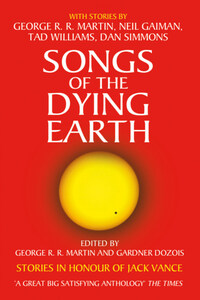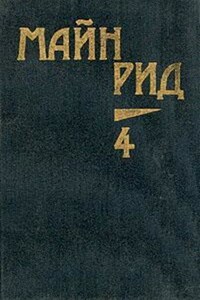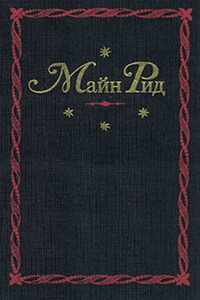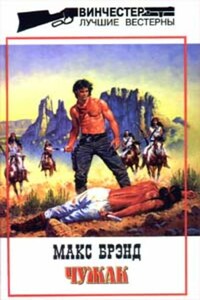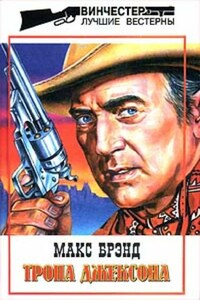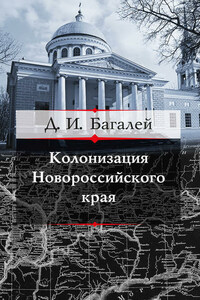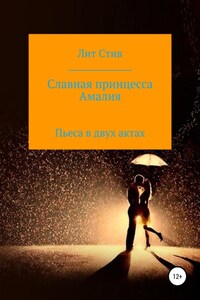SONGS OF THE DYING EARTH
STORIES IN HONOUR OF JACK VANCE
Edited by
George R.R. Martin and Gardner Dozois
with an Appreciation by Dean Koontz
ROBERT SILVERBERG, MATTHEW HUGHES, TERRY DOWLING, LIZ WILLIAMS, MIKE RESNICK, WALTER JON WILLIAMS, PAULA VOLSKY, JEFF VANDERMEER, KAGE BAKER, PHYLLIS EISENSTEIN, ELIZABETH MOON, LUCIUS SHEPARD, TAD WILLIAMS, JOHN C. WRIGHT, GLEN COOK, ELIZABETH HAND, BYRON TETRICK, TANITH LEE, DAN SIMMONS, HOWARD WALDROP, GEORGE R.R. MARTIN, NEIL GAIMAN
HarperCollinsPublishers 77-85 Fulham Palace Road, Hammersmith, London W6 8JB
www.voyager-books.co.uk
First published in Great Britain by HarperVoyager An imprint of HarperCollinsPublishers 2009
Copyright © George R R Martin and Gardner Dozois 2009
Full copyright information here
The authors assert the moral right to be identified as the authors of this work
A catalogue record for this book is available from the British Library
All rights reserved under International and Pan-American Copyright Conventions. By payment of the required fees, you have been granted the non-exclusive, non-transferable right to access and read the text of this e-book on-screen. No part of this text may be reproduced, transmitted, down-loaded, decompiled, reverse engineered, or stored in or introduced into any information storage and retrieval system, in any form or by any means, whether electronic or mechanical, now known or hereinafter invented, without the express written permission of HarperCollins e-books
HarperCollinsPublishers has made every reasonable effort to ensure that any picture content and written content in this ebook has been included or removed in accordance with the contractual and technological constraints in operation at the time of publication.
Source ISBN: 9780007277483
Ebook Edition © SEPTEMBER 2009 ISBN: 9780007290666 Version: 2014-11-28
to Jack Vance, the maestro, with thanks for all the great tales, and for letting us play with your toys.
IN 1966, at 21, fresh from college, I was a fool and possibly deranged, although not seriously dangerous. I was a well-read fool, especially in science fiction. For twelve years, I pored through at least a book a week in that genre. I felt that I belonged in one of the other worlds or far futures of those tales more than I did in the world and time in which I’d been born, less because I had a wide romantic streak than because I had low self-esteem and longed to shed the son-of-the-town-drunk identity that fate had given me.
During the first five years that I wrote for a living, I produced mostly science fiction. I was not good at it. I sold what I wrote—twenty novels, twenty-eight short stories—but little of that work was memorable, and some was execrable. All these years later, only two of those novels and four or five of those stories might not raise in me a suicidal urge if I reread them.
As a reader, I could tell the difference between great science fiction and the mediocre stuff, and I was drawn to the best, which I often reread. Considering that I was inspired by quality, I should not have turned out so many dreary tales. I was driven to write fast by economic necessity; Gerda and I had been married with $150 and a used car, and though bill collectors were not breaking down the door, the specter of destitution haunted me. A need for money, however, is an insufficient excuse.
In November of 1971, as I moved toward suspense and comic fiction and away from writing SF, I discovered Jack Vance. Considering the hundreds of science fiction novels I had read, I am amazed that I had not until then sampled Mr. Vance’s work. With the intention of reading him, I bought numerous paperbacks of his novels but never opened one, partly because the covers gave me a wrong impression of the contents. On my shelves today is an Ace edition of The Eyes of the Overworld, with a cover price of 45 cents, featuring Cugel the Clever in a flaring pink cape against a background of cartoonish mushrooms like giant genitalia. A 50-cent Ace edition of
